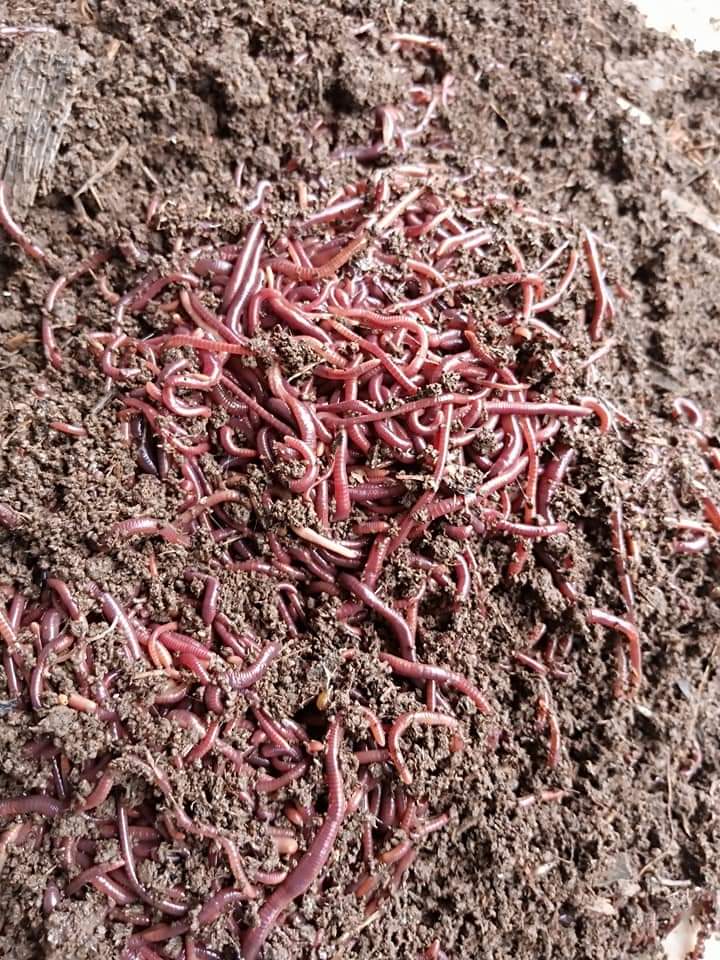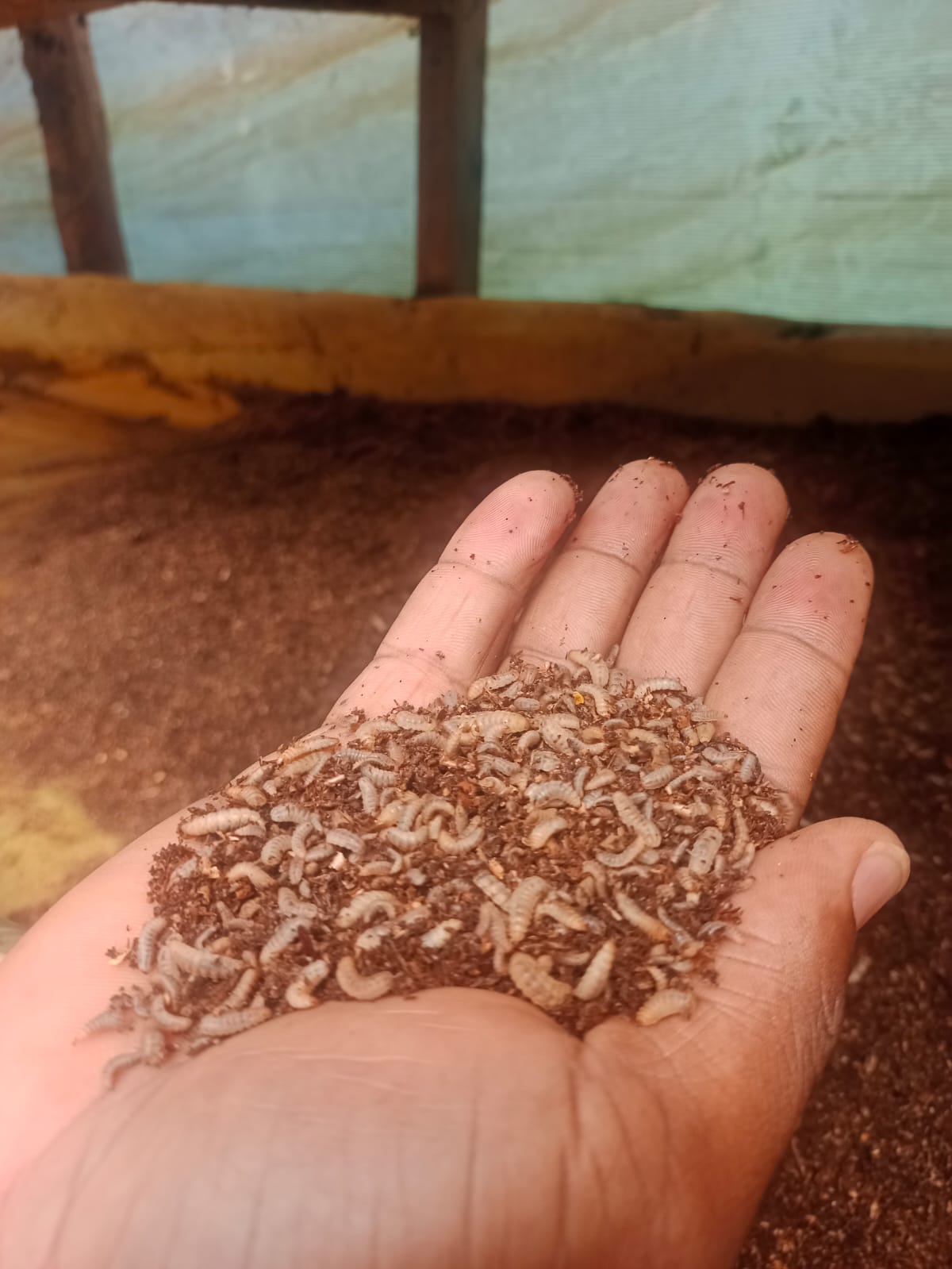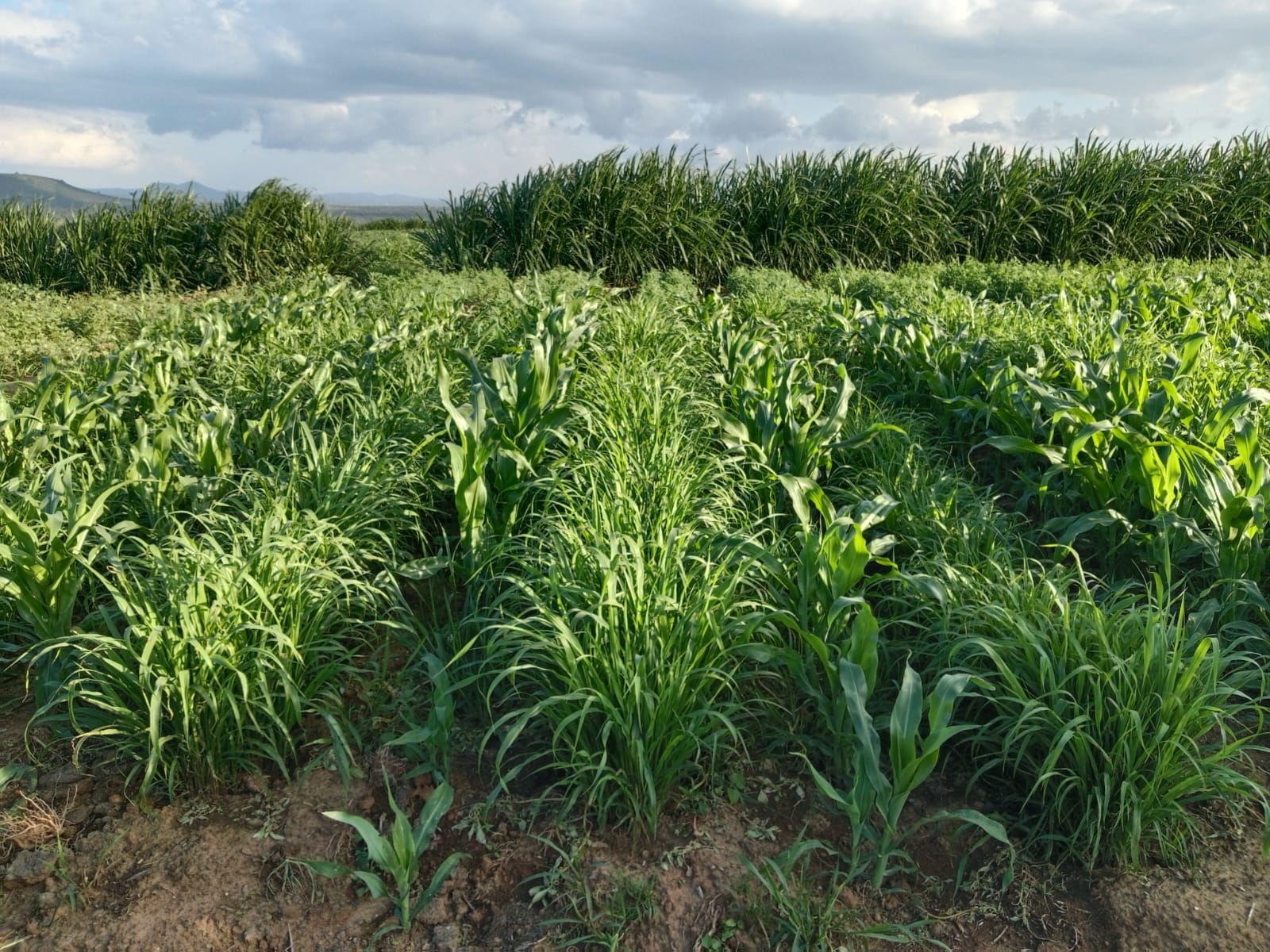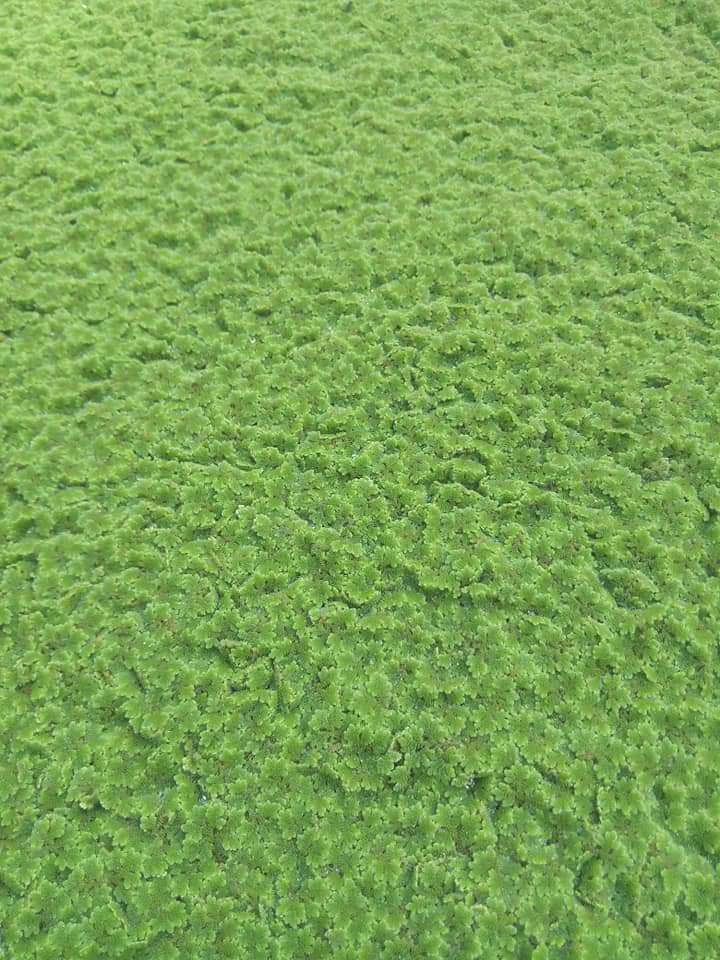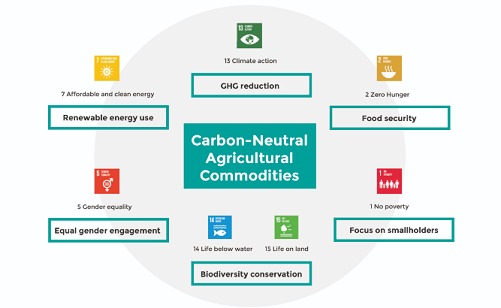In an era where sustainability and eco-friendliness are more important than ever, vermicomposting emerges as a simple yet effective solution to manage organic waste while enriching the soil naturally. This detailed guide will walk you through everything you need to know about vermicomposting and its profound importance in gardening, agriculture, and environmental conservation.
What is Vermicomposting?
Vermicomposting often referred to as “black gold” by gardeners, is the product of the decomposition process using various species of worms, usually red wigglers, white worms, and earthworms. These worms consume organic waste materials and excrete nutrient-rich castings, which serve as a highly effective fertilizer and soil conditioner. This natural process not only recycles organic waste but also produces a product that enhances soil health, promotes plant growth, and contributes to a sustainable environment.
The Process of Vermicomposting
Vermicomposting involves creating a habitat conducive for worms to thrive and process organic waste efficiently. Here’s a step-by-step overview of how it works:
- Preparation of the Worm Bin: A suitable container is prepared with bedding materials like shredded newspaper, cardboard, or coconut coir, providing a moist and aerated environment for the worms.
- Introduction of Worms: Specific species of worms, particularly red wigglers (Eisenia fetida), are introduced into the bin. These worms are efficient at processing organic material and reproducing quickly.
- Feeding the Worms: Organic waste such as vegetable scraps, fruit peels, coffee grounds, and eggshells are added regularly. The worms consume these materials, breaking them down into nutrient-rich castings.
- Maintenance: The bin is maintained by ensuring proper moisture levels, aeration, and temperature, providing optimal conditions for the worms to thrive.
- Harvesting the Vermicomposting: After a few months, the processed vermicomposting is harvested by separating the worm castings from any unprocessed materials and worms. The rich, dark, and crumbly compost is then ready for use in gardens and farms.
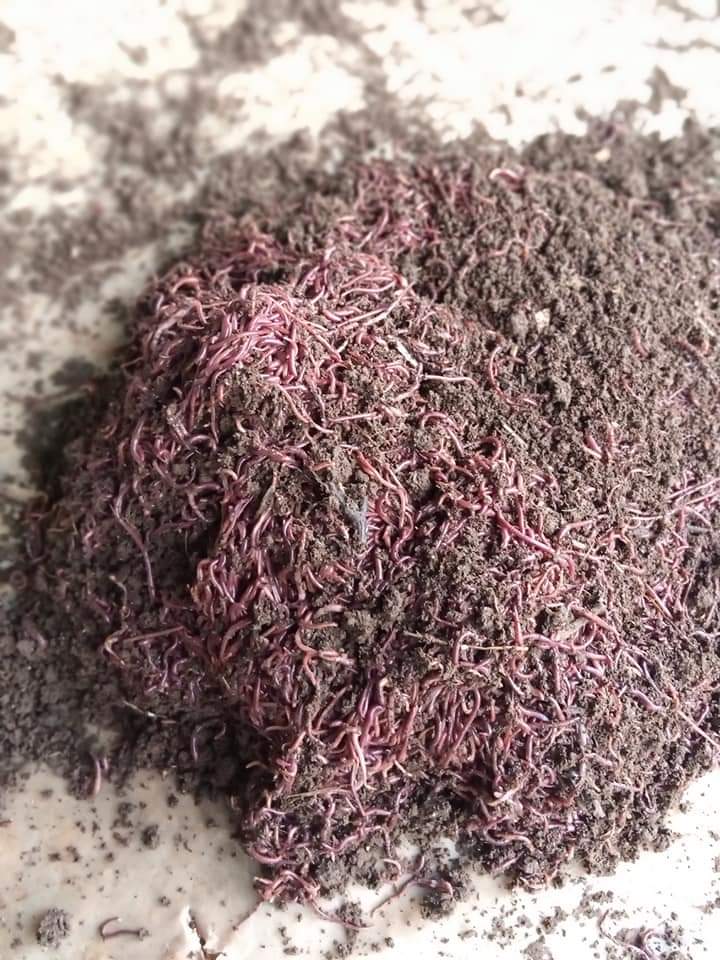
Benefits of Vermicomposting
Vermicomposting offers a multitude of benefits spanning environmental conservation, soil health improvement, and economic advantages.
1. Enhances Soil Health
- Improves Soil Structure: Vermicompost enhances the physical structure of the soil by increasing its porosity and aeration, facilitating better root growth and water retention.
- Rich in Nutrients: It contains essential nutrients like nitrogen, phosphorus, potassium, and micronutrients in readily available forms for plants.
- Boosts Microbial Activity: Vermicompost is teeming with beneficial microorganisms that aid in nutrient cycling and disease suppression in plants.
- Neutralizes Soil pH: It helps in balancing the soil pH, making it suitable for a wide variety of plants.
2. Promotes Plant Growth and Yield
- Stimulates Growth: The presence of plant growth hormones and enzymes in vermicompost accelerates seed germination, plant growth, and enhances overall plant vigor.
- Improves Crop Quality: Regular application leads to healthier and more robust plants, resulting in higher quality fruits, vegetables, and flowers.
- Increases Disease Resistance: Plants grown with vermicompost exhibit increased resistance to pests and diseases, reducing the need for chemical pesticides.
3. Environmental Benefits
- Reduces Waste: Vermicomposting effectively recycles kitchen and garden waste, reducing the burden on landfills and decreasing greenhouse gas emissions.
- Conserves Resources: It reduces the reliance on chemical fertilizers and pesticides, conserving natural resources and preventing soil and water pollution.
- Mitigates Climate Change: By sequestering carbon in the soil and reducing methane emissions from decomposing waste, vermicomposting contributes to climate change mitigation efforts.
4. Economic Advantages
- Cost-Effective: Producing vermicompost at home or on farms reduces the cost associated with purchasing commercial fertilizers.
- Generates Income: Surplus vermicompost and worms can be sold, providing an additional source of income for individuals and communities.
- Supports Sustainable Agriculture: It promotes sustainable farming practices, leading to long-term productivity and environmental stewardship.
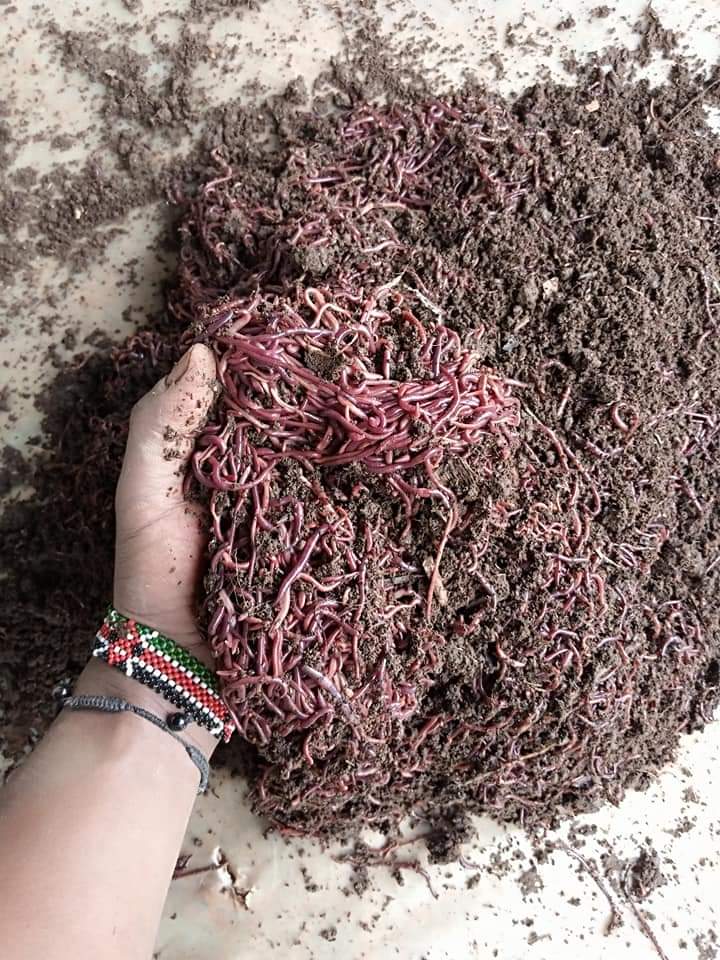
Ultimately, Vermicomposting is a powerful tool in our quest for sustainability and environmental stewardship. By harnessing the natural processes of decomposition through worms, we can transform organic waste into a valuable resource that nourishes our soils, supports robust plant growth, and contributes to a healthier planet.




